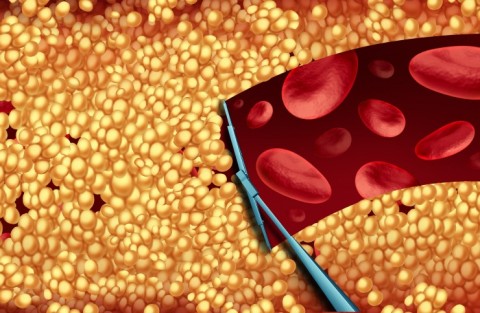DrCarney.com Blog
Higher levels of cholesterol in the blood correlate strongly with higher chances of suffering from a heart attack, stroke, or other complications from coronary heart disease. Physicians often prescribe statins, a class of drugs used to lower blood levels of cholesterol. However, like other drugs, statins come with side effects, including headache, ...
Consistent consumption of sugar-sweetened beverages may increase likelihood of developing of coronary heart disease (CHD).
Consistent consumption of high fiber diets may help reduce ischaemic heart disease mortality risk.
Low ischaemic heart disease mortality risk is associated with generous intake of fruits and vegetables.
Men who regularly consume large servings of vegetables are less prone to develop coronary heart disease.
Adequate intake of fiber-rich foods may help guard against cardiovascular diseases, such as stroke and coronary heart disease.
Frequent consumers of fiber-rich foods, especially cereals and fruits, are less likely to die from cardiovascular ailments, such as coronary heart disease.
Adequate intake of high fiber diets, particularly those rich in water soluble fiber, may help slash down coronary heart disease risk.
High intake of whole grains, especially oats, may offer adequate protection against coronary heart disease.
Decreased coronary heart disease risk is associated with regular intake of large servings of whole grain cereal foods.
Elevated plasma cholesterol levels are associated with increased risk of cardiovascular diseases. Likewise, lifestyle and dietary choices, such as adopting a Whole-food plant-based diet (WFPB) diet has been shown to effectively reduce elevated cholesterol levels. By promoting the consumption of natural, unrefined plant foods, WFPB diets help keep cholesterol numbers, and other vital biomarkers, within desirable ranges....





